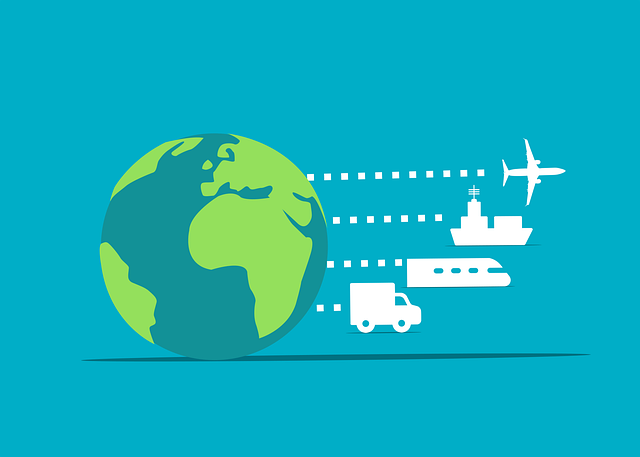The United Kingdom and Qatar have announced a pioneering partnership aimed at accelerating the development of clean energy technologies. This collaboration is expected to not only solidify both nations’ positions in the global clean energy market but also foster the creation of thousands of skilled jobs in both the UK and Doha. As the world pivots towards a greener, more sustainable future, this partnership exemplifies the strategic alliances being forged between forward-thinking nations to capitalize on the vast potential of the clean energy sector.
However, while countries like the UK and Qatar make significant strides, many African nations are still struggling to diversify their economies beyond traditional fossil fuel reliance. This is particularly concerning given the increasing global attention on renewable energy technologies and the economic opportunities they present. Despite the extensive discussions and academic research that have highlighted the economic benefits of clean energy, the shift in many African nations remains slow, leaving them vulnerable as other regions move decisively toward innovation-driven growth.
The recent partnership between the UK and Qatar underscores the value of collaboration in emerging sectors such as clean energy, sustainable technology, and green innovation. These countries, which have historically relied on fossil fuels to fuel their economic growth, are now positioning themselves at the forefront of clean energy. Qatar, for instance, is increasingly focusing on technology-driven solutions to complement its traditional energy dominance, while the UK is making major investments in decarbonization and renewable energy technologies.
On the other hand, some African nations, including Nigeria—a key player in the oil and gas sector—are still primarily focused on securing loans to support their fossil fuel industries rather than exploring how to capitalize on the new wealth generation opportunities presented by the green economy. Nigeria, in particular, has established strong diplomatic ties with countries like the UAE, Qatar, and France, yet there is little evidence of a strategic push to leverage these relationships to develop clean energy or other advanced technological sectors. Instead, much of the focus remains on securing financial aid, without exploring the potential for building a more diversified, technology-driven economy.
This is not to say that African nations are without potential; rather, it highlights the missed opportunities in a time when the global economy is shifting. The push for clean energy technologies, such as renewable hydrogen, electric vehicle batteries, and energy-efficient solutions, is rapidly gaining momentum. Countries that act quickly to position themselves within these sectors stand to benefit from long-term economic growth, job creation, and enhanced competitiveness on the global stage.
As the UK and Qatar demonstrate, strategic partnerships and investments in emerging technologies can help nations diversify their economies and establish lasting, profitable industries. For African nations to remain competitive, it is critical that they adopt a more forward-thinking approach that not only seeks loans but also prioritizes partnerships in sectors that are shaping the future economy. By doing so, they can harness the vast potential of the clean energy transition and build more resilient, diversified economies in the coming decades.
The next steps for Africa should involve a shift in mindset: moving away from traditional models of dependence on fossil fuels and focusing instead on innovative, technology-driven partnerships that foster long-term economic and environmental sustainability.


